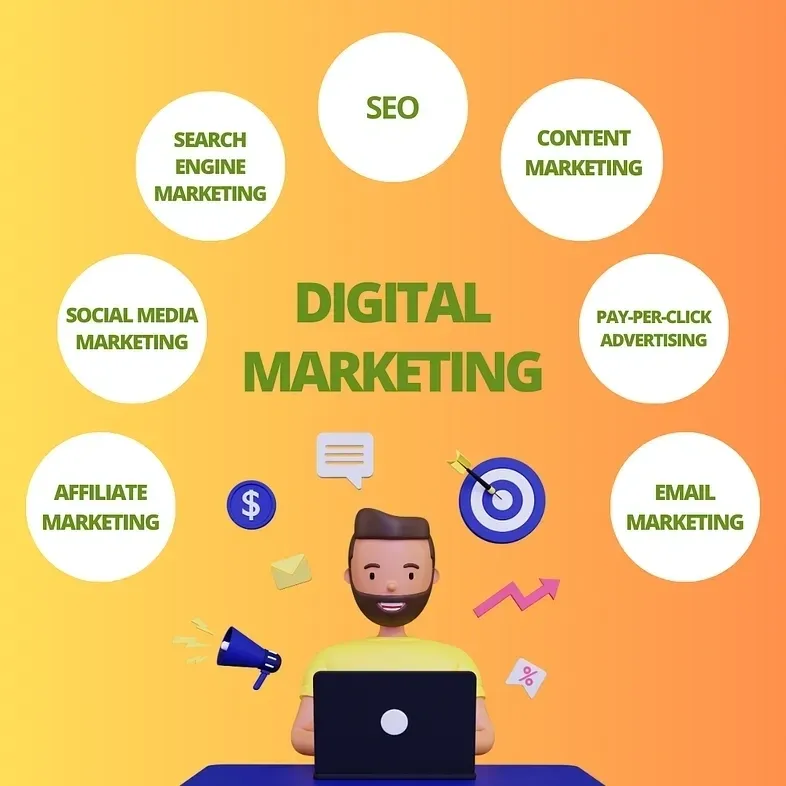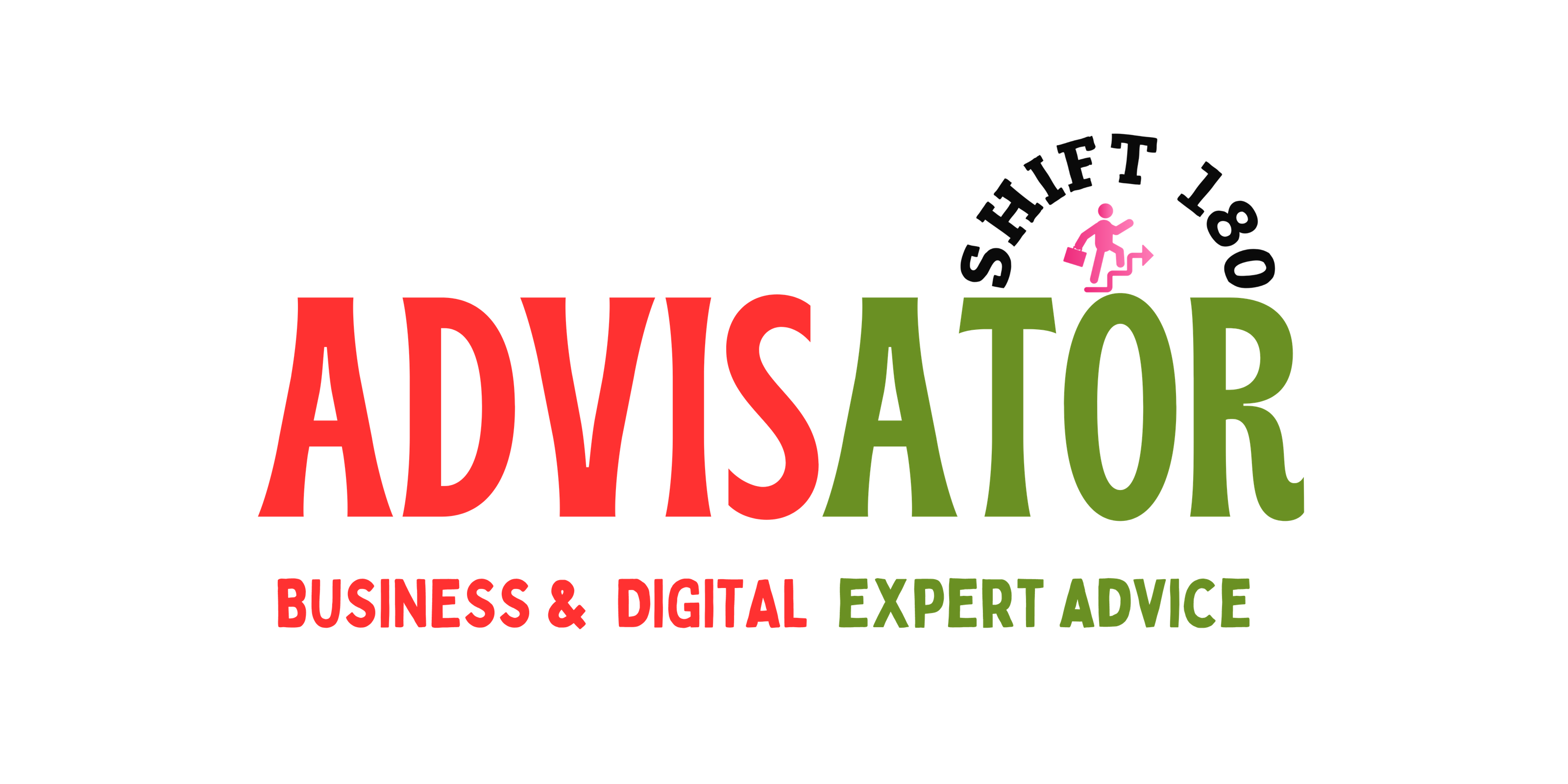
The Goal of Digital Marketing
The goal of marketing is to create awareness of products and services both before and after the sale. In today’s era, digital marketing has replaced traditional marketing tactics as today’s consumers spend 70% of their awake time near digital gadgets.
Marketing has become more personalized and data-driven to achieve high conversion and increased ROI. Any business not leveraging digital media for marketing might not be able to expand beyond a limit.
Also, digital marketing offers businesses a cost-effective way to reach and engage with their target audience, drive brand awareness, generate leads, and ultimately increase sales and revenue.
Digital Marketing encompasses various online strategies and tactics aimed at reaching and engaging with target audiences through digital mediums such as the internet, social media, mobile devices, search engines, email, and more.
Website Optimization
A well-designed and user-friendly website is crucial for digital marketing success. Optimization ensures that the website is easy to navigate, loads quickly, is mobile-friendly, and provides relevant and valuable content to visitors.
Search Engine Optimization (SEO)
SEO focuses on improving a website’s visibility in search engine results pages (SERPs) for relevant keywords and phrases. This involves optimizing website content, meta tags, images, and other elements to rank higher in organic search results.
Content Marketing
Content marketing involves creating and distributing valuable, relevant, and consistent content to attract and retain a target audience. Content can take various forms, including blog posts, articles, videos, infographics, ebooks, and more.
Social Media Marketing (SMM)
Social media platforms like Facebook, Instagram, Twitter, LinkedIn, and others are used to connect and engage with target audiences. This includes creating and sharing content, interacting with followers, running paid advertising campaigns, and analyzing metrics to optimize performance.
Email Marketing
Email marketing involves sending targeted messages to prospects and customers via email. This includes promotional offers, newsletters, product updates, event invitations, and more. Email marketing automation tools are often used to personalize and streamline the process.
Pay-Per-Click (PPC) Advertising
PPC advertising allows advertisers to bid on keywords and display ads on search engines and other platforms. Advertisers pay a fee each time their ad is clicked. Platforms like Google Ads and Bing Ads offer robust PPC advertising solutions.
Influencer Marketing
Influencer marketing involves partnering with individuals who have a large and engaged following on social media to promote products or services. Influencers help brands reach a specific target audience and build trust through authentic recommendations.
Mobile Marketing
With the increasing use of smartphones and tablets, mobile marketing has become essential. This includes optimizing websites for mobile devices, creating mobile apps, running mobile advertising campaigns, and leveraging location-based marketing techniques.
Analytics and Data Analysis
Digital marketing relies heavily on data to measure performance, track user behavior, and make informed decisions. Analytics tools like Google Analytics, social media insights, and CRM platforms provide valuable data on website traffic, engagement, conversions, and more.
Marketing Automation
Marketing automation tools streamline repetitive tasks and workflows, such as email marketing, lead nurturing, and social media posting. Automation helps marketers save time, increase efficiency, and deliver more personalized experiences to customers.


















